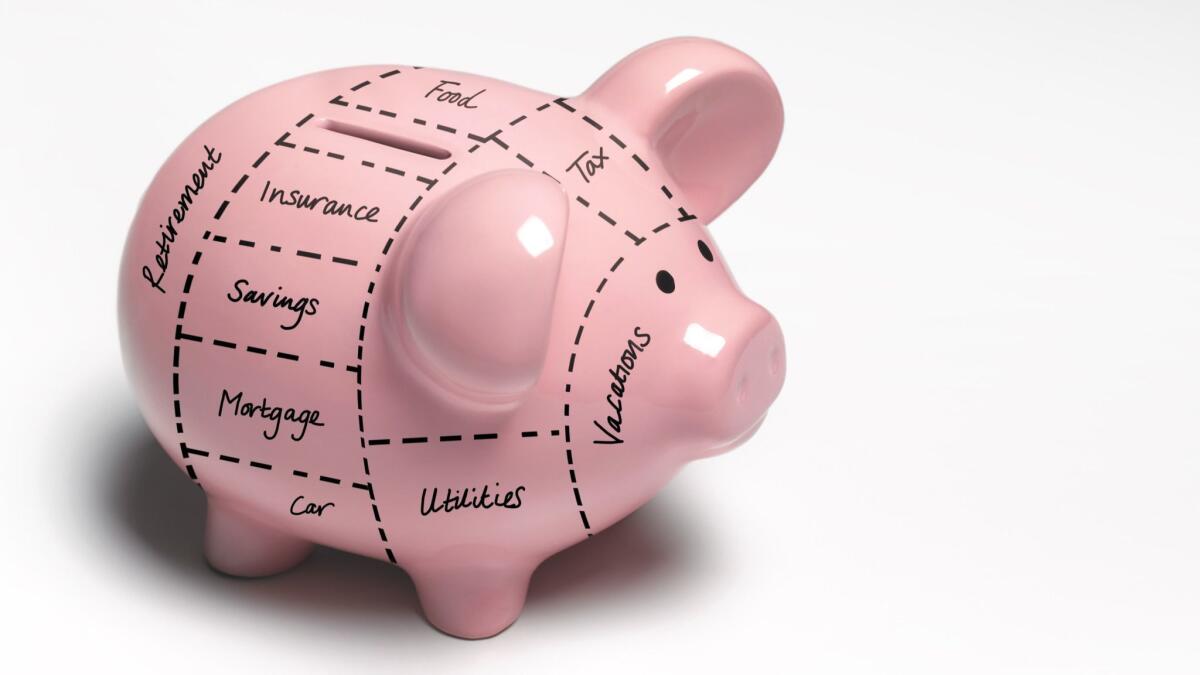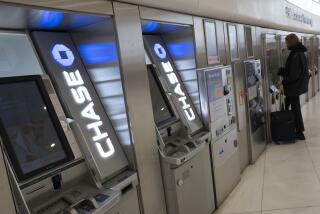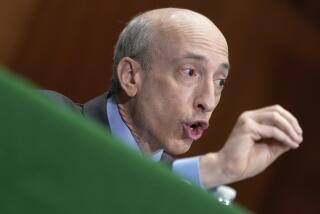Robinhood just launched a 3% checking and savings plan. It’s really just a dressed-up money market mutual fund

Robinhood Financial’s grand plan to disrupt the traditional bank account with a checking-and-savings offering isn’t quite as innovative as it might seem. It’s effectively a classic money market fund with a few additional bells and whistles.
The start-up, which got off the ground as a no-fee stock trading app, began to roll out its Robinhood Checking & Savings on Thursday. Its website trumpets the plans as fee-free and earning 3% “on every dollar.” Neither the checking nor the savings products will have a minimum monthly balance.
That sounds great, considering that other high-earning online savings accounts, such as those at Barclays and Marcus, the consumer arm of Goldman Sachs Group Inc., have interest rates of about 2%. As Bloomberg reported, though, “There are some key differences in how the product was created — including how it’s insured.” First and foremost, the fine print on its website states that the new offering “is not a separate account or a bank account.”
Indeed, its moneymaking strategy is investing in U.S. Treasury bills and other low-risk, short-term debt. As a reminder, the rate on three-month bills keeps climbing as the Federal Reserve tightens monetary policy. It reached 2.425% this week, the highest since January 2008 and up from about zero percent just three years ago. The U.S. 12-month London Interbank Offered Rate rose above 3% in October for the first time since the financial crisis. For the first time in ages cash is king because it isn’t volatile, like stocks, and actually pays something decent.
Because Robinhood is investing in short-term securities, the company says its new accounts will be backed by the Securities Investor Protection Corp., not the Federal Deposit Insurance Corp. On its website, the FDIC states that it “covers the traditional types of bank deposit accounts — including checking and savings accounts.” The SIPC, in contrast, notes that “money market mutual funds, often thought of as cash, are protected as securities.” In most cases, the distinction won’t mean much because Treasury bills are the closest thing to a risk-free asset and are unlikely to decline sharply in value, which the SIPC doesn’t protect against. Plus, few brokerage firms fail.
(On Friday, however, the SIPC said that the Robinhood checking account raises red flags and that deposited funds may not be eligible for protection. The SIPC says it protects money in a brokerage account used to buy securities; Robinhood says the funds don’t need to be invested.)
Checking and savings accounts are supposed to be the safest places for someone’s money. The U.S. economy will inevitably slow at some point and the Fed will cut interest rates. At that point, Robinhood will have two choices: Lower the 3% rate on its checking-and-savings product, or invest in riskier securities to maintain above-market interest. When Bloomberg asked the company that question, it said in an email that it would take the first path: “Customers would get an email notification that clearly states the 3% interest rate is changing.”
That’s the safe answer and the right one. At the same time, Robinhood is hoping to turn a profit at least in part by investing customers’ deposits, which can lead to reaching for yield. That’s why short-term funds from Pacific Investment Management Co. (Pimco) and Vanguard Group Inc. have General Electric Co. preferred stock as one of their largest holdings. Again, there’s no indication that Robinhood would make such an investment with money from the checking-and-savings plan, but it’s something any user would have to monitor closely.
For now, Robinhood’s service will be an added feature for its roughly 6 million customers. And it does have some perks that many money market funds don’t, such as a debit card to access more than 75,000 ATMs, and the ability to send and receive checks. The no-minimum monthly balance could make it a potentially attractive option for young people who are just beginning to save, or those who have been using the app and want to get out of the volatile equity markets.
Baiju Bhatt, who co-founded Robinhood with Vlad Tenev, said, “The idea of reinventing checking and savings is something Vlad and I have been talking about since probably 2010.” Ultimately, though, this move is less a game-changer and more a clever rebranding of a foundation of the financial markets.
Brian Chappatta writes a column for Bloomberg.






